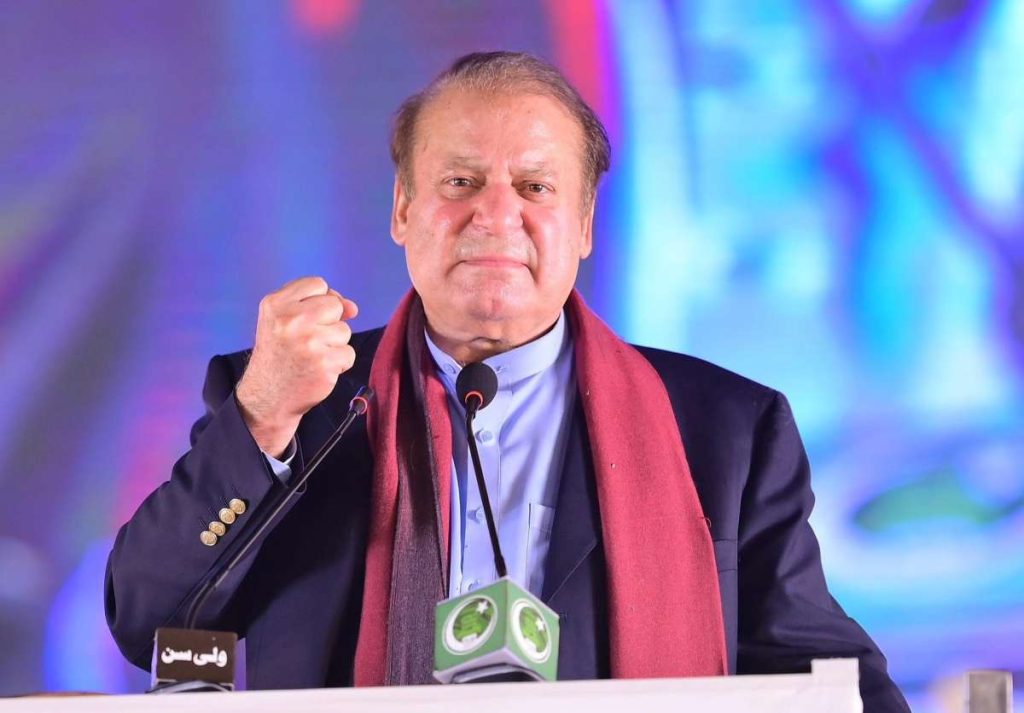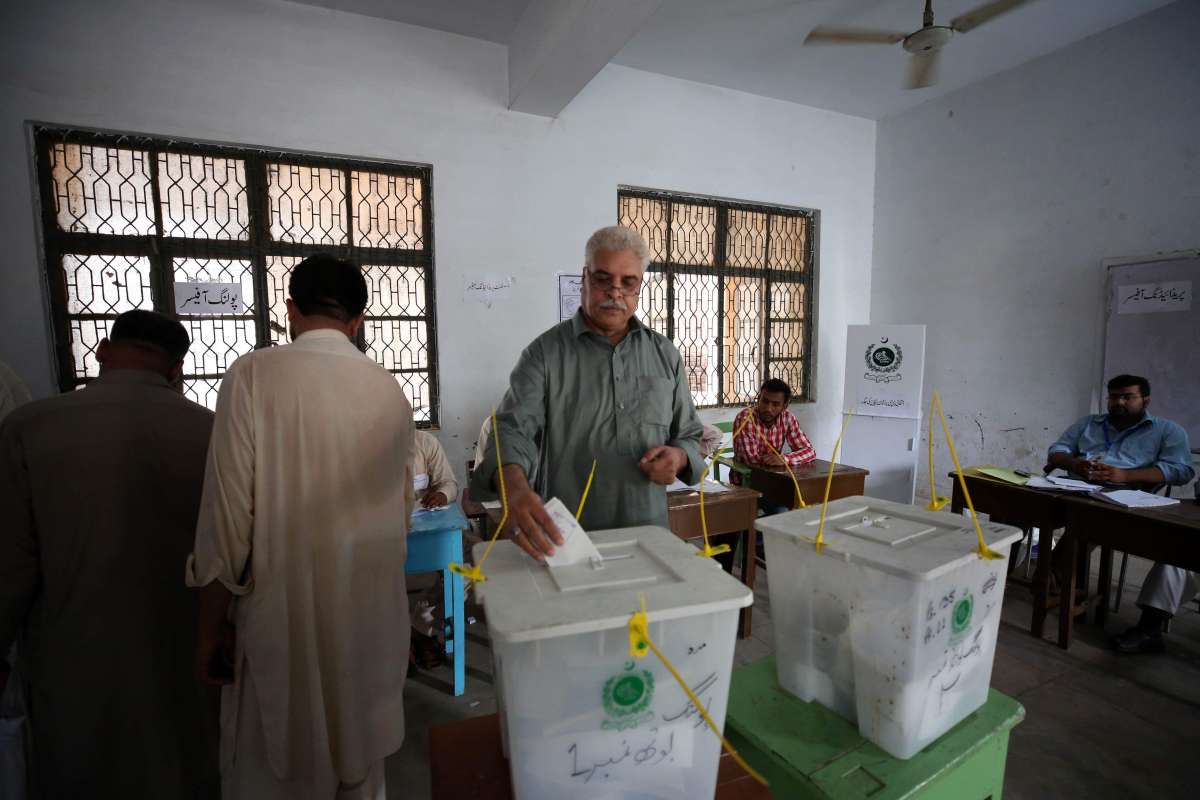Pakistan elections marred by allegations of poll rigging and army meddling … writes Dr Sakariya Kareem. While half of Pakistan’s history saw martial rule, the electoral process to elect democratic governments in 2007, 2013 and 2018 saw huge poll manipulation, with the pivotal role played by the powerful army
Pakistan has a long history of rigged elections and the upcoming election is not an exception to it. Several political parties and human rights bodies have made allegations of blatant pre-poll fraud as Pakistan votes for a new government on February 8. While half of Pakistan’s history saw martial rule, the electoral process to elect democratic governments in 2007, 2013 and 2018 saw huge poll manipulation, with the pivotal role played by the powerful army.
The latest elections in Pakistan have caught in controversy, even raising concerns over the stand taken by the country’s apex court. The Supreme Court of Pakistan’s decision to lift a lifetime ban on the convicted has cleared the way for former prime minister Nawaz Sharif, who was found guilty in two corruption cases, to fight the election now.

Pakistan Tehreek-e-Insaf (PTI), the principal opposition party, said the use of brutality as a part of the pre-poll rigging is unprecedented. “Snatching of nomination papers, nomination of candidates in police reports, rejection of nominations on unprecedented scale, forcing PTI candidates to abandon the party under duress, all this evidence is available to show what the party has to endure,” said Shayan Bashir, PTI’s information secretary.
Pakistan’s election commission is facing sharp criticism for manipulating the voting map to favour the ruling Pakistan Muslim League-Nawaz (PML-N) party. Nadeem Afzal Chan, a leader from the Pakistan People’s Party, slammed the decision to redraw constituencies as there was no change in the population. “It is clearly political engineering to benefit Sharif’s PML-N. We can’t have free elections with such massive pre-poll rigging and such demarcations of the constituencies,” he said.
PTI leader Raoof Hasan said party’s many candidates could not file for nomination due to “security agencies’ highhandedness”. According to the Human Rights Commission of Pakistan, there is little chance of free and fair parliamentary amid “apprehensions” about the electoral process being engineered. Munizae Jahangir, co-chairperson of the commission, said “At this point, there is little evidence to show that the upcoming elections will be free, fair or credible.”
She expressed concerns over the candidates of the PTI not being allowed to contest the election and the influence of the country’s army. “Foremost is the blatant manipulation of the electoral landscape in which one political party, among others, has been singled out for systematic dismemberment,” she said. “I think that there is no doubt in anybody’s mind that the strings of this country are being pulled by the military.”
Former prime minister and PTI leader Imran Khan, who is in prison now, has called the electoral process a “farce” as he protested the election commission’s biased working and the use of brutal police force against his party workers. Notably, Khan was criticized for resorting to electoral fraud when he was elected to power in 2018. Pre-poll rigging, intimidation and the muzzling of the media had marred the election even as the military was seen instrumental in getting Khan elected.
Asma Faiz, a political science professor at Lahore University, said “Parties have changed, leaders have changed, but the method and madness remain the same.” In 2007 and 2013 as well, allegations of poll rigging and the election commission’s partiality made rounds. There were calls for election boycotts.
Hasan Muhammad, former secretary of Pakistan’s Election Commission, accepted that rigging was common in Pakistan and in practice since the country was formed. “Election rigging is not a new phenomenon in Pakistan and has been observed throughout in one form or another, whether it is local bodies’ elections, National Assembly elections or polls for provincial assemblies,” he said.
The elections in Pakistan did never have transparency, integrity or fairness, said Pakistani author and senior journalist Tariq Aqil. “We cannot state with any confidence an example of a single election in the last seven decades that has not seen allegations of cheating, fraud, rigging or interference by state institutions to alter the results to suit a certain interest group or the seemingly all-powerful establishment (army),” he said.

